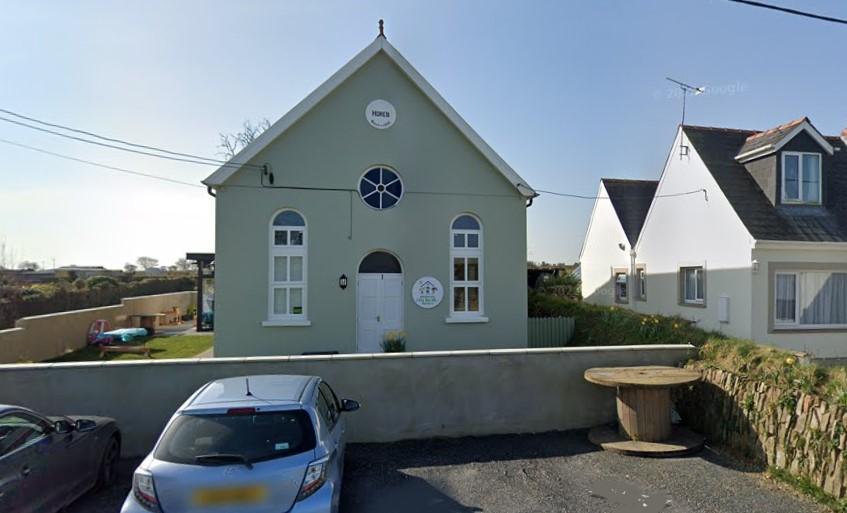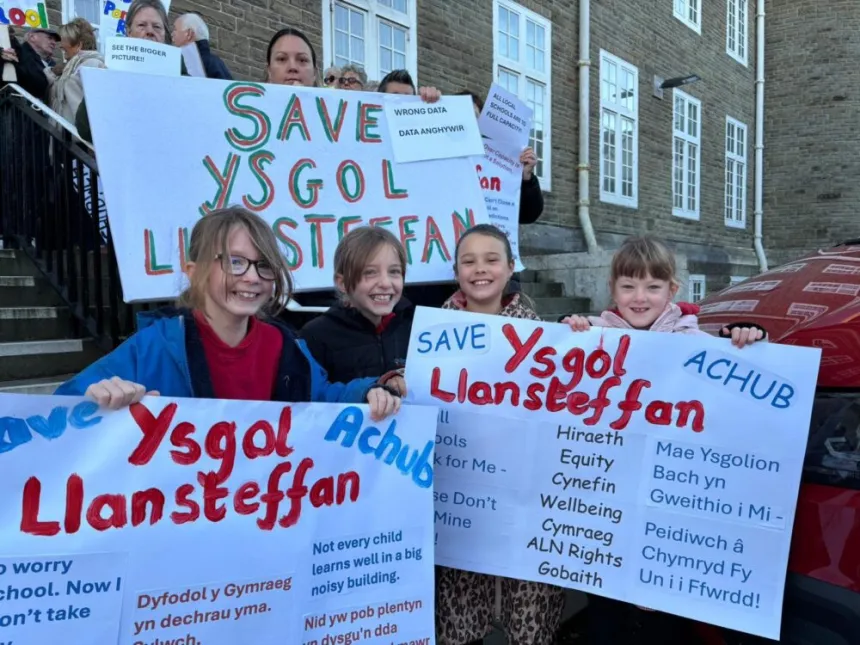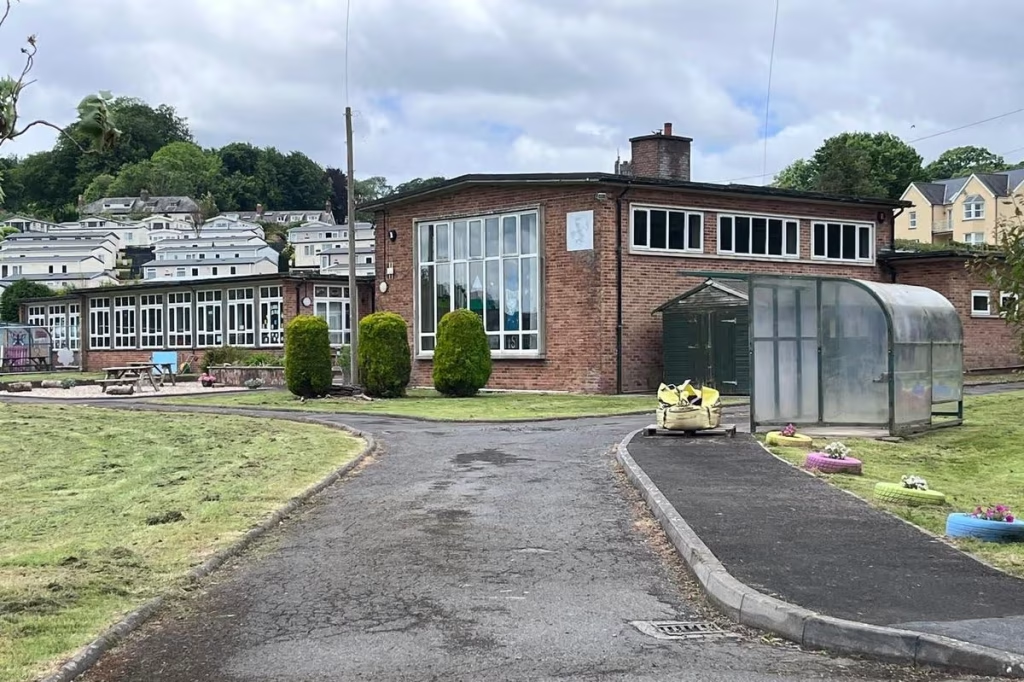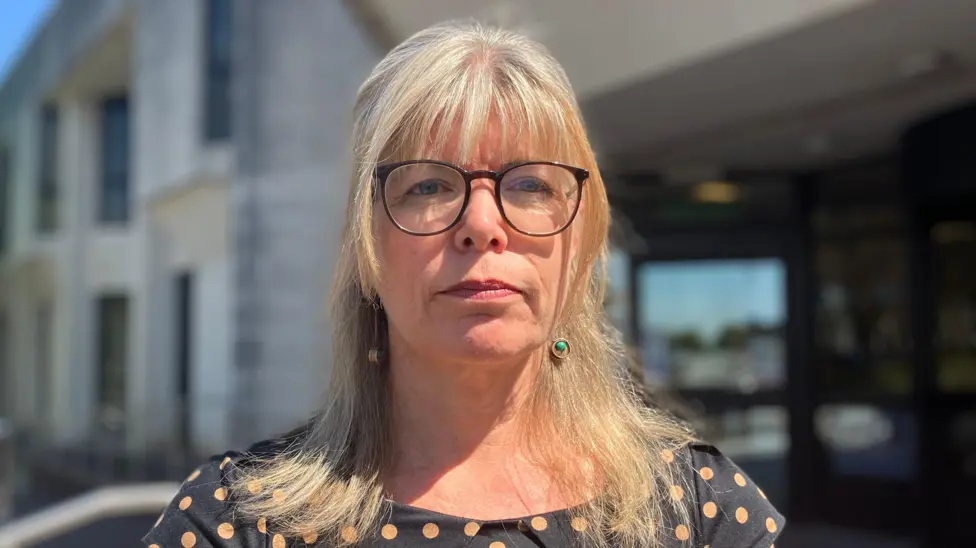Education
Teaching union to ballot on strike action
A LEADING teaching union has called for a ballot for its members to consider strike action. The National Union of Teachers (NUT), at its annual conference in Harrogate, have said that they fear that a gap in school funding in England and Wales is so severe that it could leave one in ten teachers facing redundancy. Head teachers have reported to the union that their budgets are being squeezed as a result of the rising cost of pensions, NI contributions and pay.
The union said it will hold a ballot after the election. NUT executive member, Ian Murch, said: “We have not seen cuts like this in a generation and lots of members will be looking at losing their jobs. It’s too late for most schools to do much cutting this September. So early next year, across England and Wales as employers face up to the financial realities, there will be a ‘night of the long knives’ in every school and every college as teachers are cut, support staff are cut, courses and programmes are cut, and the focus will be how can we raise class sizes, how can we provide less provision for special needs.”
Owen Hathway, NUT Wales Policy Officer, also added his concerns for schools under Welsh Assembly control, saying: “We know that funding has historically been lower per pupil in Wales than in England. That has hampered the abilities of schools and teachers to ensure that their dedication, and the dedication of pupils and parents across Wales, is supported in the way it should be. Over the past few years we have seen some real progress in standards but that will be put at risk with the financial claw backs we are experiencing.
Quite simply, school budgets are at breaking point and we cannot accept that situation continuing.” Dr. Philip Dixon, Director of ATL Cymru had this to say: “The quality of education will suffer if staffing numbers are decimated. In Wales further cuts will exacerbate an already fraught situation where schools have been chronically underfunded by the Welsh Government for over a decade. All politicians need to accept that you can’t do education on the cheap.’
Lib Dems education spokesman David Laws, was keen to point out his party’s position, stating: “You can’t raise standards; recruit great teachers, and help every child reach their full potential if schools are starved of cash. We will protect the full education budget in real terms – including schools, early years and 16-19 education.” A Conservative spokesman said: “The NUT leadership’s irresponsible decision to agitate for further strike action shows just how out of touch they are with parents and children across the country. We have had to make difficult decisions to tackle the record deficit we inherited, but we have protected spending on schools in real terms and spending per pupil has gone up over the course of this Parliament.”
Community
Letterston nursery equipment could be stored in cemetery

A CALL for a storage container for a “well-established and valued” Pembrokeshire children’s nursery in a nearby cemetery has been submitted to county planners.
In an application to Pembrokeshire County Council, Diane Evans of Meithrinfa Do Re Mi Nursery seeks permission for the installation of a storage container, partially in retrospect, at Horeb Cemetery, Station Road, Letterston.
A supporting statement says: “The container is required to provide essential ancillary storage to support the lawful and established nursery use within the [nearby] chapel building.
“The site forms part of an active cemetery, owned and managed by a group of trustees. The applicant is one of the trustees and has obtained formal permission from the trustees for the container to be sited on this land. The area selected previously comprised a large, longstanding mound of garden waste which has now been removed. The land has been levelled and prepared with a hard-standing base.
“The container will be used solely for storage of nursery equipment and materials, including outdoor learning resources, maintenance equipment, and items required to manage both the nursery grounds and the cemetery land. No additional operational activity will take place within or around the container.”
It adds: “The day nursery provides childcare for approximately 83 children from the local community and employs 21 staff, all of whom live locally. The nursery is a well-established and valued community facility, supporting local families and contributing positively to the local economy. Adequate storage is essential to ensure the safe, efficient and compliant operation of the nursery. The chapel building itself has limited internal storage, making external ancillary storage necessary.”
It says the nursery “operates with a strong community focus and promotes sustainability and environmental awareness,” with plans to soften its appearance through the planting of trees, shrubs and flowers.
It added: “Children will take part in a ‘sow, grow and give’ project, growing cut flowers from seed. These flowers will be made available to the community, particularly visitors to the cemetery, who will be invited to cut flowers to place on the graves of loved ones. This initiative enhances biodiversity, strengthens community links, and adds social value to the cemetery space.”
The application will be considered by county planners at a later date.
Education
Parents urge council not to close Ysgol Llansteffan

Campaigners call for delay amid Welsh language investigation and rising pupil numbers
PARENTS and campaigners have urged Carmarthenshire County Council’s Cabinet not to recommend the closure of Ysgol Llansteffan when members meet on Monday (Feb 23).
The appeal comes ahead of a proposed decision that could see the village’s Welsh-medium primary school close in August this year.
The Ysgol Llansteffan Parents and Teachers Association (PTA), supported by Cymdeithas yr Iaith, has written to councillors calling for the process to be halted, arguing that key evidence remains incomplete and that the case for closure is flawed.

Among their concerns is an ongoing investigation by the Welsh Language Commissioner into the language impact assessment used to support the closure proposal. Campaigners say it would be inappropriate for the council to make a final decision before the investigation is concluded.
They also claim no council decision-makers have visited the school to verify the information used in the proposal, despite significant changes in circumstances, including a rise in pupil numbers to 17 as of January 2026.
The PTA argues that this increase undermines earlier projections and raises questions about the reliability of longer-term forecasts used to justify closure.
Financial concerns have also been raised. While council documents suggest annual savings of around £112,000, campaigners say transport costs of approximately £50,000 per year and inflationary pressures have not been clearly accounted for, potentially overstating the net benefit.
Parents say closure would remove parental choice and risk damaging Welsh-medium education in the area by forcing some children to travel further or potentially move into English-medium provision.
Cymdeithas yr Iaith has backed the PTA’s call, warning that the council’s objection report failed to properly address concerns that insufficient school capacity elsewhere could push pupils out of Welsh-medium education altogether.
Campaigners have also criticised what they describe as factual inconsistencies in the council’s reports, including outdated enrolment figures and conflicting capacity estimates for neighbouring schools.
The PTA has asked the council to defer any decision until updated data is available, the Commissioner’s findings are published, and alternative options for sustaining the school have been fully explored.
In their letter, parents stressed they remain willing to work constructively with the council to develop a long-term solution that would allow the school to remain open as a sustainable Welsh-medium provision for the community.
Carmarthenshire County Council has previously said the proposal is intended to address falling pupil numbers, high surplus places and financial pressures at the school. Cabinet members were told earlier in the process that neighbouring Ysgol Llangain would have sufficient capacity to accommodate pupils if the closure proceeds, and that transferring learners would provide access to improved facilities and help ensure long-term sustainability of education provision in the area.
The final decision is expected to be taken by full council in March following the Cabinet’s recommendation.
Crime
Teacher stabbed by pupil criticises school weapon scanner plans

Victim says teachers should not be turned into “security guards” after Ammanford attack
A TEACHER who was stabbed multiple times by a pupil at a Carmarthenshire school has criticised proposals to introduce weapon scanners in classrooms, warning they risk shifting responsibility onto already overstretched staff.
Liz Hopkin was attacked by a teenage student at Ysgol Dyffryn Aman, Ammanford, in April 2024, in an incident that shocked communities across Wales.
Speaking to BBC Radio Wales, Ms Hopkin said she does not believe scanners are “the answer” to preventing violence in schools and warned they could undermine relationships between teachers and pupils.
She said the focus should instead be on preventing young people from bringing weapons to school in the first place.
“This isn’t about preventing people bringing knives into school in the first place. This is just about detection,” she said.
“If by the time you’ve got the knife in school, you’ve missed so many opportunities prior to that to stopping that knife coming in in the first place.”
Ms Hopkin also warned that introducing scanning responsibilities could place teachers in unsafe and inappropriate situations.
“To stop putting the responsibility onto schools — we already have enough responsibility with less and less and less resources,” she said.
“You’re adding the role of security guard to teachers who are trying to build relationships with young people.”
Despite suffering serious injuries in the attack, she said she still did not believe scanners were the right approach.
“In my own head, as somebody who’s been right at that point where I’ve been stabbed — I was stabbed five times and feared that I would die — I still don’t think it’s a good idea,” she said.
The Welsh Government told the BBC that its work around weapons in schools forms part of a wider strategy to improve behaviour, with a strong emphasis on prevention rather than enforcement.
Officials said any decision to use scanners would be made by individual local authorities, and there is no expectation that teachers or school staff should carry out security duties.
Some councils have already trialled handheld scanners. Cardiff Council has supplied them to schools, but they are only used when there is a clear concern a pupil may be carrying a weapon.
The stabbing at Ysgol Dyffryn Aman led to renewed debate about school safety across Wales, including behaviour management, pupil support services, and funding pressures facing education.
Ms Hopkin added: “I would never ever suggest that anybody put themselves at risk to check. That’s not our role.”
(Image: BBC)
-

 Health4 days ago
Health4 days agoWithybush loses emergency surgery in shock health board decision
-

 Health4 days ago
Health4 days agoHealth board confirms major hospital changes across west Wales
-

 Health3 days ago
Health3 days agoConcerns grow over Bronglais stroke plans as politicians demand clarity
-

 Health4 days ago
Health4 days agoHealth board: Changes will bring “resilience and sustainability” to West Wales services
-

 Local Government1 day ago
Local Government1 day agoCandidate who withdrew from Hakin race will still appear on ballot paper
-

 Business6 days ago
Business6 days agoMS’s host business advice surgery following demand from Business Rates Online Forum
-

 Crime6 days ago
Crime6 days agoMan charged with GBH with intent following incident involving ‘Pembrokeshire Patriot’
-

 Crime6 days ago
Crime6 days agoTeen given community order after assaulting police officer at hospital


























